
Director: Bong Joon Ho
Wrtier: Bong Joon Ho, Jon Ronson,
Stars: Tilda Swinton Sheena Kamal Michael Mitton
Summary: A young girl risks everything to prevent a powerful, multinational company from kidnapping her best friend - a fascinating beast named Okja.
The atmosphere of the movie Okja is similar to that of Snowpiercer (the last movie directed by the director). In fact, this movie, similar to Snowpiercer, deals with how the system works (Illuminati!) and depicts its filth and cruelty.
“Mija” steps inside a slaughterhouse where creatures become an object of human greed and are cut to pieces. “Okja” – the giant creature – is exchanged for gold. They both walk through the prison of super-pigs to enjoy the taste of freedom, and the camera, instead of focusing solely on their happy faces, transmits the bitterness of captivity to the viewer. Okja is more than just a cultural commodity and is considered a cinematic masterpiece. Since the need to categorize movies for the audience, in contemporary cinema, has led to the conclusion that some critics, confuse the issue and categorize the film according to the relations of the audience’s taste, Okja has claimed to protect animals, while the main purpose of Okja goes deeper than that and is more than just the civic slogan of “animal protection”.
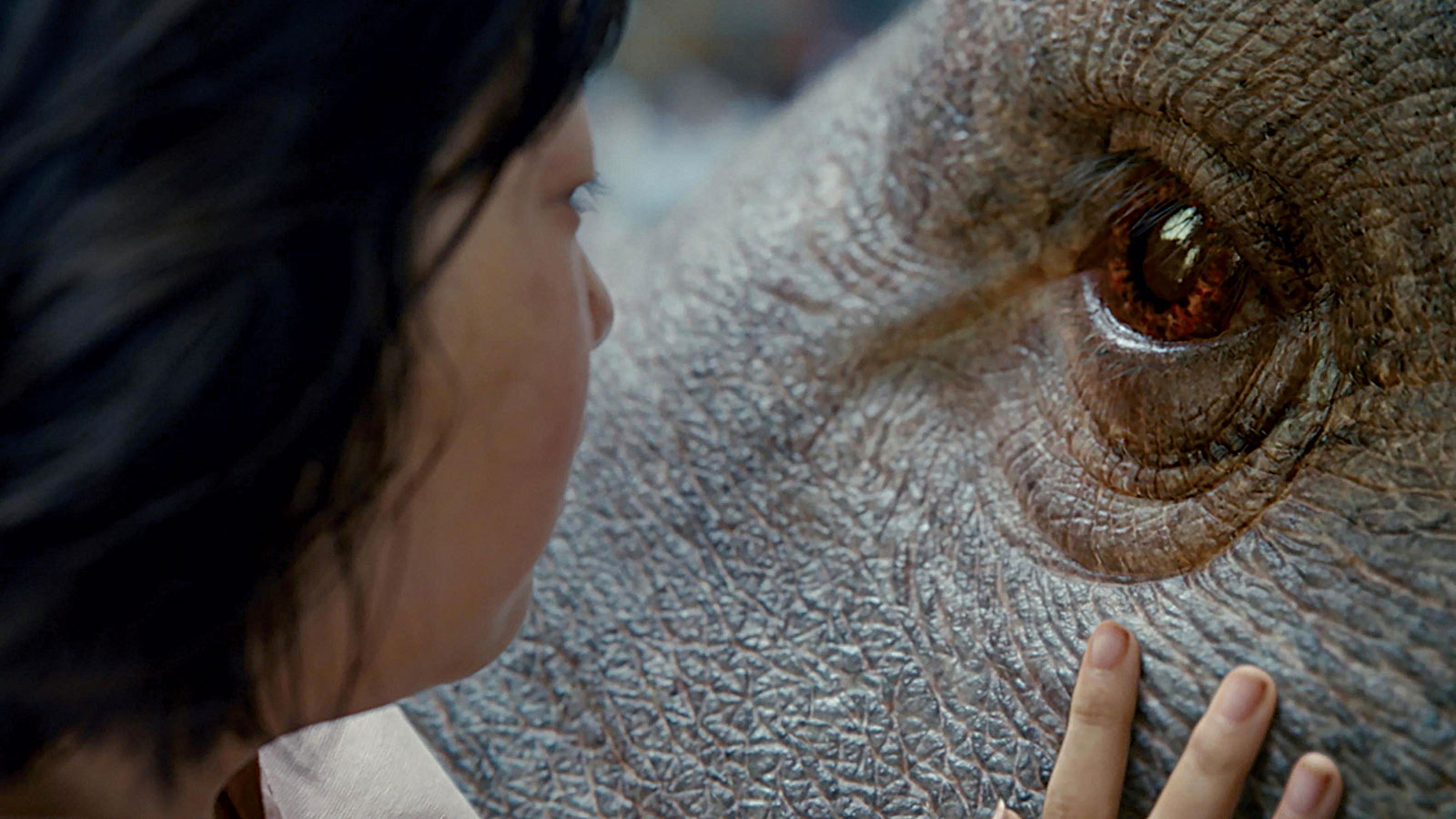
For example, the same scene depicting the situation of the captured creatures and the passing of the camera through their sad faces behind the fence is reminiscent of the situation of the Auschwitz Jews; Images that we have seen many times and now have been reconstructed in a new fantasy genre. For example, in this scene, under the influence of a scene from Saving Private Ryan, the super-pig parents give their child to a stranger, because they fear that he might die.
These references, reminiscent of war, raise old issues that have taken on a new color in the context of a science-fiction drama. However, this is not the first time that the effects of war have been explored in a fantasy film, and it can also be found in two-dimensional cartoons Like the Porco Rosso exemplary anime, Okja does not rely solely on the victims of powerful utilitarianism and points the finger of blame at capitalism. The face of the capitalist system becomes more exposed and ugly when the media is introduced as a means of deceiving the people, and during the secret meetings of the company “Mirando” in which the managers of the company have sinister goals.

The characterization of Lucy Mirando (Tilda Swinton) also depicts political capitalism. The fantasy platform of Okja paves the road for extremism and does not challenge the existing drama. The critic’s ideological opposition can be justified by the director’s sense of nationalism; a director who lives under the shadow of colonialism in his country. The director recreated the scene in which Obama and Clinton watched the military attack on Osama bin Laden, replacing Lucy Mirando with Hillary Clinton, and Mirando with the White House. These scenes are all resulted from the director’s mischief. But we’re not allowed to deduce the content from these scenes unless the form gives us the consent to.

From the first scenes to the last, Okja constantly refers to the filmmaker’s ideologies. The presence of deceptive media is also associated with the film from the beginning; For example, in the first scene, “Lucy Mirando” walks into a ruined corridor with a special make-up and cover, which was once a workers’ captivity camp and now, years after World War II, slaves have been taken over by journalists. In some moments, Bong Joon-ho’s camera takes off in the veil of the power media, and instead of showing the dreadful background, he takes a close-up of Lucy, who is chanting slogans. In general, Okja’s allusions to the necessity of its fantasy, are so obvious that they do not require semiotic analysis. The director’s choice of the protagonist’s place of residence, which is a green village away from the hustle and bustle, to his journey into the depths of technology and turbulence, Los Angeles, all express the filmmaker’s pessimism on the American capitalist system. But these are not stereotyped at the heart of drama, because this film is not merely a fantasy melodrama, and it has made the most of the satirical elements of postmodern thought. If the Mirando family in the film is displayed as vicious, on the contrary, the members of the Animal Liberation Front – as chaste people – are also portrayed as foolish partisans.

The basis of Okja’s screenplay is dual and contradictory ideas, and this structure has caused satire throughout the narrative. Dual ideas that, while overlapping, are alternatives to each other. For example, although the two characters “Paul Dino” and “Jake Gyllenhaal”, are moving against each other during the drama, have commonalities in the transverse evolution of their characters. Both are heavily involved in the media, and their reputation and position are more important than the group’s goal. Both exhibit violent behaviors and don’t have balanced personalities. The filmmaker’s ridicule and pessimism towards both good and bad people have created a satirical atmosphere that is not unaffected by postmodern films. You can see the footprints of the Grand Budapest Hotel – in the way Americans communicate with each other. It is also the ingenuity of the filmmaker to choose the most radical recent relationship stereotype portrayed in American cinema: closed relationships far from genuine feelings that the element of satire makes them look empty and hollow.
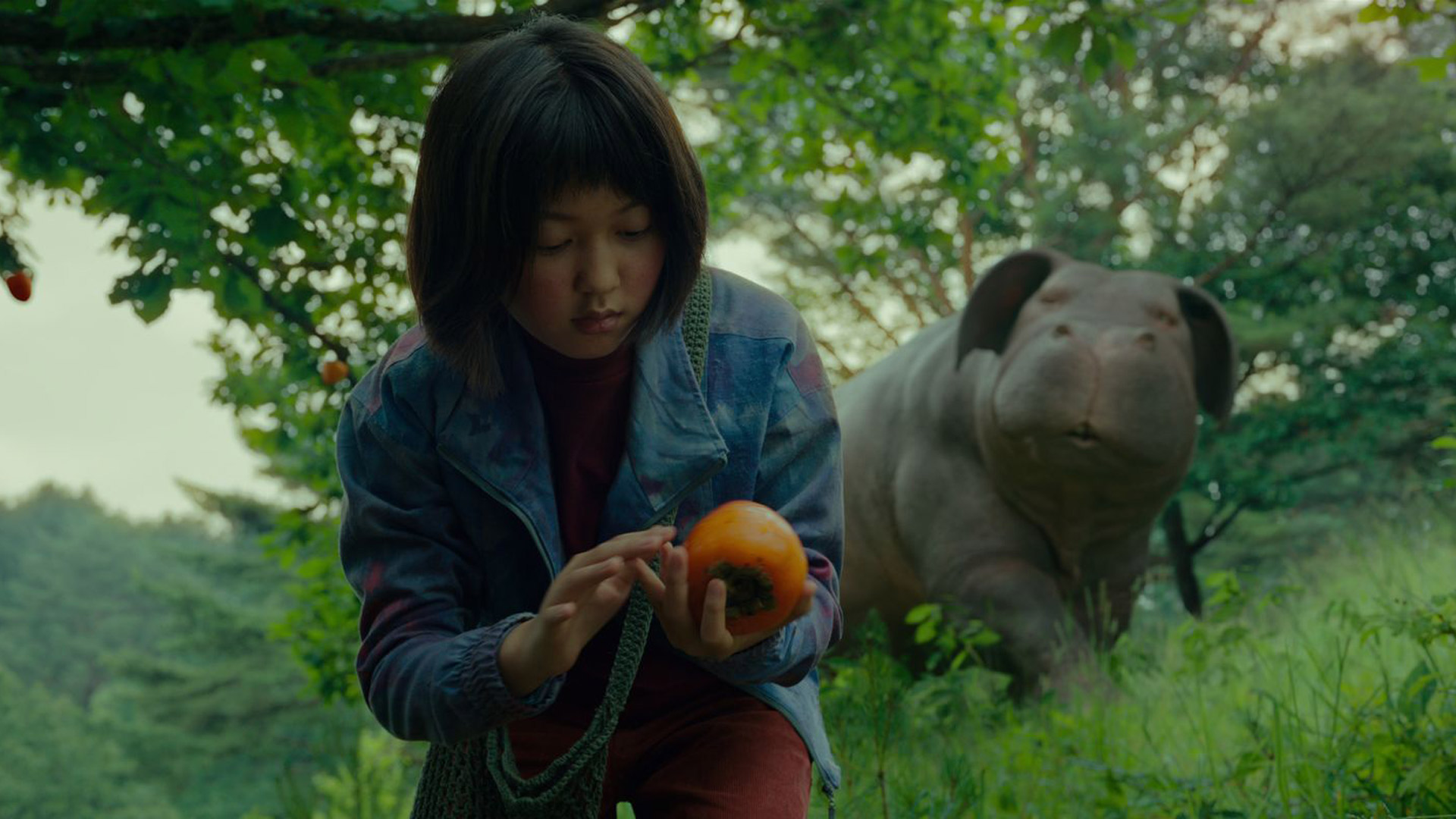
Other conflicting ideas include Lucy and Nancy, both of whom deliberately portray the same pessimism of the filmmaker towards those in power in the United States. In fact, although both of Mirando’s sisters criticize each other’s performance; they both have sinister goals in mind, and they both manage the organization with the same goals. Perhaps the bitterest idea in this film is the idea of paying the price for the release of Okja’s life with a golden pig; an allusion to the inevitable fate of dominated human beings whose value is measured by numbers. This allusion is not unaffected by the last sequence of Schindler’s List that the liberation of the Jews was bought with money and gold. Okja also has a human idea that manifests itself in a functional cause and effect in this tumult of war and extravagance and desire. In the first scenes of the film, “Okja” sacrifices himself for “Mija” and saves her from death. The function of this scene is not only to instill beauty in the super pig but also a dramatic reason that motivates “Mija” to travel and save the life of the great kind giant. Perhaps Okja’s only serious and significant flaw in the film’s context is the overstatement of the role of “Dr. Johnny” (Jake Gyllenhaal), whose insanity has no convincing reason and has not passed the characterization test. The rest of the characters, who are among more well-known types, are well-placed in the heart of fantasy, and it seems that Bong Joon-ho is looking for a new way to express his old doctrines.
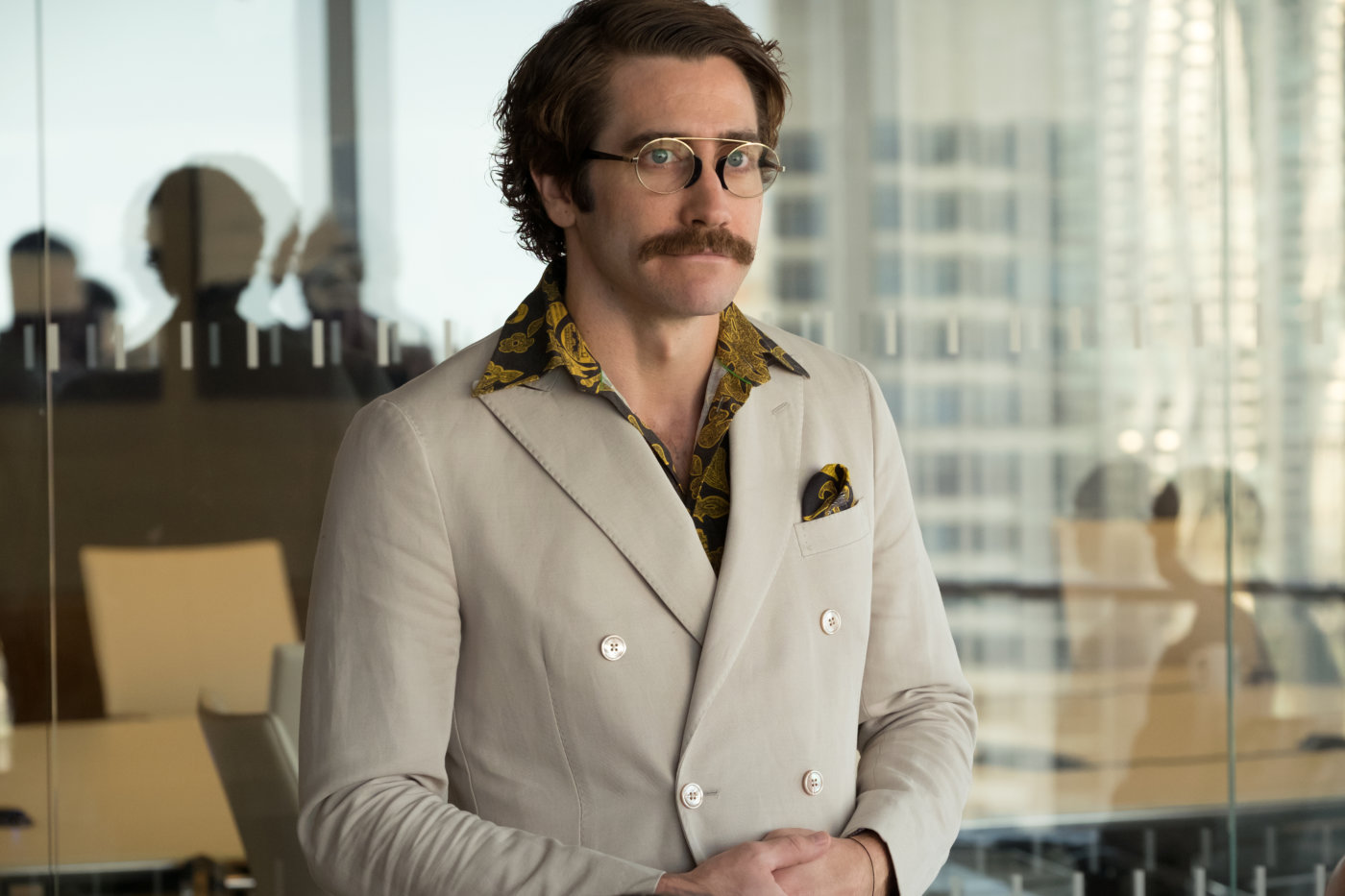
He has chosen a framework that may initially be compared with teenage movies, but the abundant implicit and objective violence of the film closes the way for children or adolescents to watch or at least understand the film correctly. It is superficial if we take a brief look at such works; just to connect more with the alternative of this type of cinema. My impression – as a fan of cinema as an art and opposed to any entertaining element outside the flow of form – is that the film critic’s job is to extract meanings from images, and the type of cinema is not of great importance. If we are interested in categorizing, Okja can be categorized alongside the noisy and extravagant but disturbing fantasy works of Hollywood cinema, of which there are many recent examples. Among the movies that have literary value as well as technical skills, are Game of Thrones, B. F. G, and low-level examples such as The Jungle Book and Alice Beyond the Mirror, which are categorized in the fantasy genre. Okja is neither so close to the top of this pyramid nor so low that it is close to the examples mentioned.
Okja movie ending explained:
They return to their Eden when Mija successfully rescues Okja from the slaughterhouse at the film’s conclusion. It’s possible to view this as a joyful ending in which Okja, Mija, the grandfather, and the young super pig who was saved from the slaughterhouse are all now content.
Does Okja have a sad ending?
Animal communicator Mija (An Seo Hyun) claims she wants to speak with OKJA. Although OKJA is speechless, she produces cries, moans, and animal noises. Despite all the agony and destruction Mija and OKJA have gone through, the ending remains optimistic.
Is Okja based on a true story?
When it was first launched in June 2017, the science-fiction adventure “Okja” would chillingly reflect the actual world. According to a recent Bloomberg News report, farmers in China’s southern area are already raising enormous pigs that are the size of polar bears.
What is the main message of Okja?
Okja is merely a short tale about a girl’s connection with an animal and her wish to spare his pal from a terrible fate.


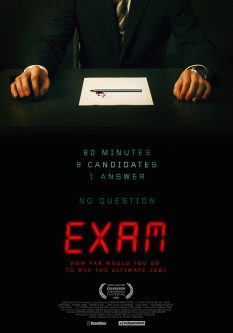
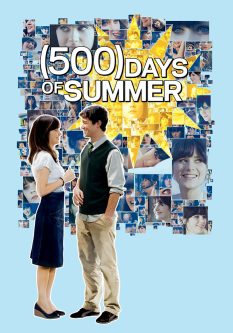
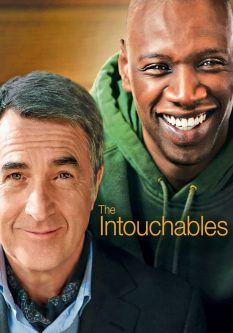
The novel Okja is about a life in the future. What has been predicted to happen may actually occur. Genetic mutation occurs everywhere, including in animal and food studies. The film opens with a joyful sequence that is full of fun while also highlighting the brutal cruelty and suffering that humans inflict on animals. If you can control both happy and sad emotions, it’s a wonderful watch.
It’s heartbreaking and actually provides insight into how animals may be treated in the future. captures all the feelings: joy, fear, excitement, hope, grief, and humor. This is a must-watch, but if you have a really weak stomach, be careful because there are several situations that will make you seriously reconsider your actions. You’ll laugh, weep, etc. I give it a five-star rating because of the excellent production values, engaging plot, and all-around wonderful quality of the finished movie.